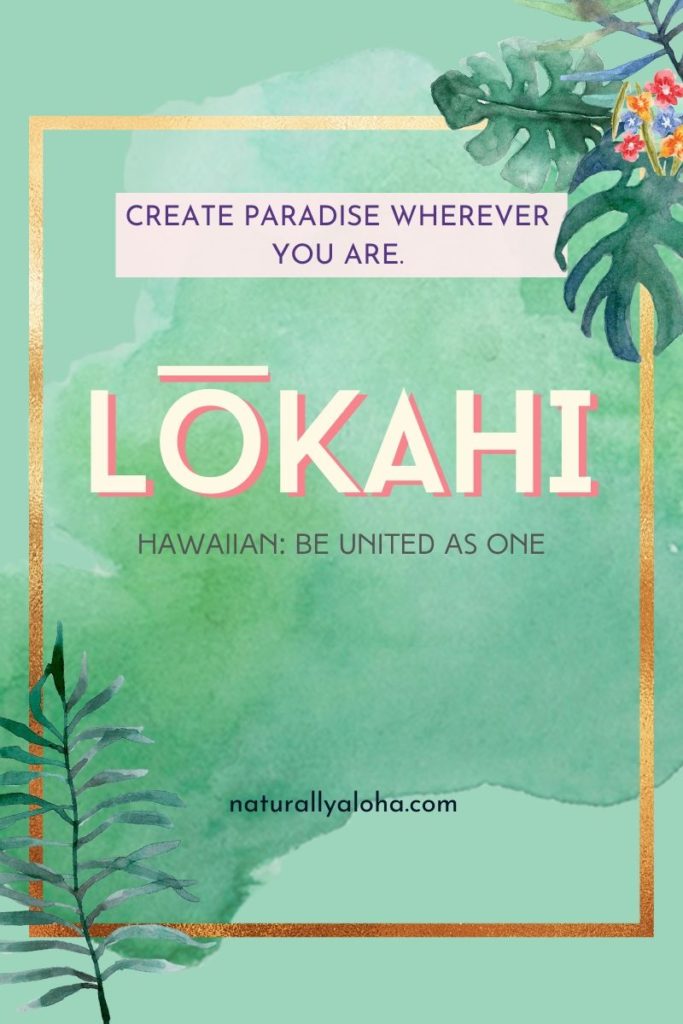
Lōkahi is the Hawaiian word meaning unity, oneness, harmony, and agreement.
Lōkahi tells us that YES, it is possible to be united and to have healthy relationships. Even when we don’t agree with one another or come from different cultures, races, and religions, we can BE ONE.
Lō – means to obtain
Kahi – is the shortened version of ‘ekahi, which is the number one
By breaking down the word, we learn that lōkahi means to obtain oneness, unity, and harmony. How can we do this when every person is so different?
How can we obtain this oneness in some of our most important life relationships, like with our spouse or children?
Lōkahi teaches us that we need people
I can explain lokahi best by sharing a part of my story. My family lived in poverty for most of my teenage and young adult life. My parents suffered through a messy divorce, and, as they worked through it, they remained absent most of the time—physically, emotionally, and mentally.
Because of this, my siblings and I turned to one another. It was up to us to take care of ourselves—meaning, providing the food, paying the bills, and even creating a better life and future for us.
I got a job and my older brother took care of the tedious house chores (feeding the dogs, the sheep, fixing broken things, etc). I made most of the food, and I’d help outdoors as well.
During one of these dark months, fly strike attacked our sheep. We had to chase the sheep down to take care of the infections. We didn’t always know what we were doing, but we had each other to figure it out.
Those dark times taught me so much about how we need people. As an independent person, I grew up fending for myself, but, this time, I knew I needed my siblings.
And they needed me.
Like ‘ohana and laulima, we’re all in this together.
I have fond memories of making jokes, laughing, and, after my parents’ divorce, feeling a sense of freedom together.
My siblings and I are all so different, yet we created a way to contribute and help one another. This is lōkahi.
It’s knowing that we are all a piece of the puzzle.
When hardships arise, as they always will, we hold onto one another–we unite, we stand strong together.
We are all needed.
Just because we don’t always see eye to eye doesn’t mean that we can’t show compassion and love.
We CAN work together to come up with solutions, fight the enemy of pride, and put aside our differences to see this truth:
WE ARE ALL CHILDREN OF GOD, and we ALL have a contribution to make.
With the diversity in today’s world, we need lokahi more than ever.
Here are some ways to become one with others on your life journey.
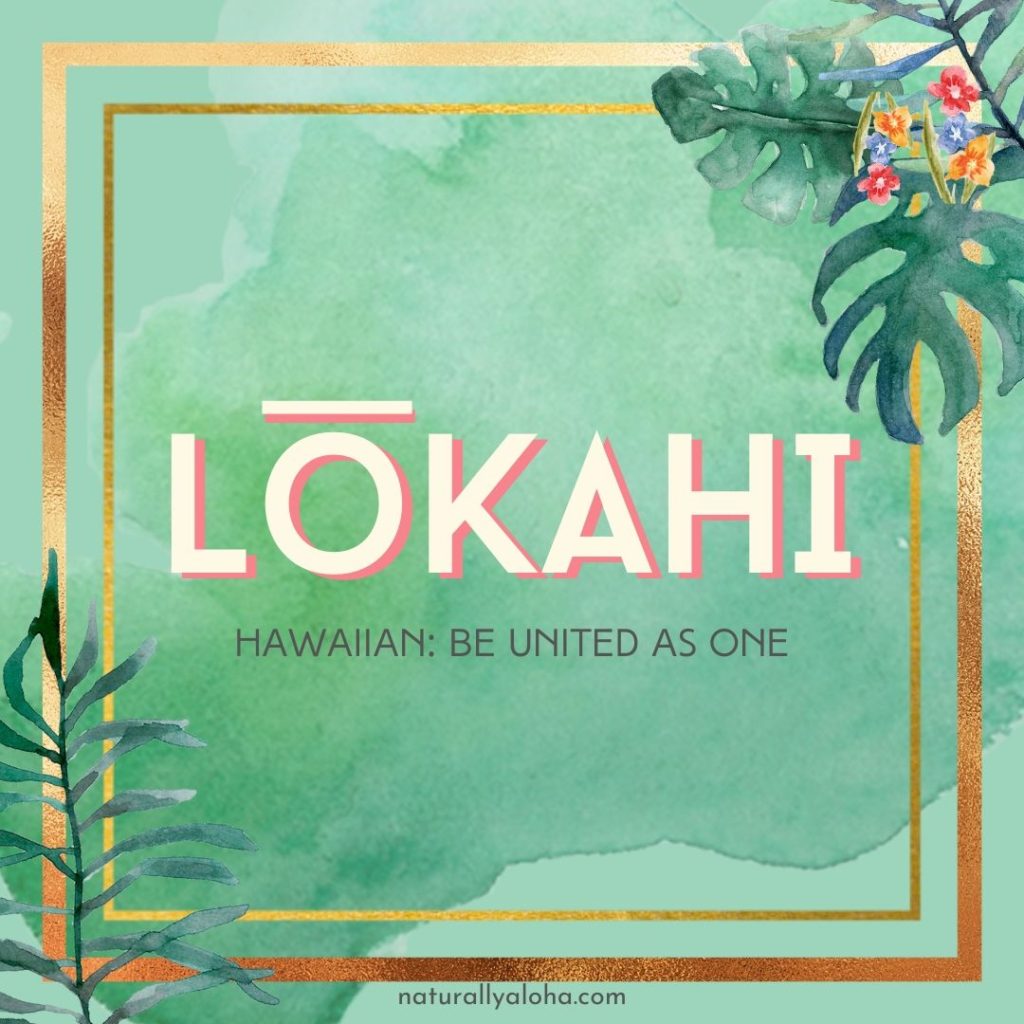
Lōkahi withholds judgment
How often do we judge others because they choose a different lifestyle than us?
How often do we judge others for choosing a certain political party, handling their money differently, or worshipping at a particular church?
We ALL make our own choices. And, we all have weaknesses, beliefs, and perspectives that motivate us to do what we do.
When we give people grace and withhold judgment, we give them the opportunity to BE THEMSELVES and, more inspiring, to sometimes BE BETTER.
In an amazing way, we, ourselves, change as we SEE them as God sees them: loved and worthy.
Now, I bet you didn’t think of this… But most times we judge people because of something going on within ourselves, or because we learned behaviors from parents or society.
Before we point fingers and blame others, what is going on INSIDE OF US?
We’ve all gone through unfair, unnecessary, and unjust experiences. So when someone does something different than us, we may get triggered with annoyance or prejudice because of our own experiences and perspectives.
The more we recognize the judgement we place on others, the more we’re able to clear the quiet resent and prejudice within ourselves.
We’ll soon find that it’s easier to get along and become one, lōkahi, when we show compassion, grace, and kindness… no matter the choices that others make.
Honor Others
As I’m writing this, a tragic event has happened: an innocent man named George Floyd was violently and unnecessarily murdered by a white police officer. In a hurt and angry response (as people should be hurt and angry about this), people have broken out in riots and looting.
My heart weeps because this is NOT lokahi OR pono (right).
Violence, in any form, is unacceptable and evil. “Honoring” someone through violence is also unacceptable and evil.
I’ve shared a video below of Yahosh Bonner. I love this talk because even though this man’s ancestors were slaves, he looks to them for strength. He honors them by the way he lives. Yahosh recognizes their sacrifices and lives his life to make them proud, not ashamed.
My favorite part? He takes advantage of the opportunities they didn’t have.
I’ve been deeply saddened (as most of have been) by the violence and aggression–we are MUCH better than this.
I’m not Black, but I can understand the minority experience.
I can understand what it feels like to be oppressed, and to know that oppression went as far back as my ancestors. I know what it feels like to live in poverty, where it seems like everyone else has the upper hand, and I’m stuck on the bottom.
But we can CHOOSE our story, because we CREATE our story.
I chose to get myself out of poverty–even working three jobs at one point and using up loads of time to apply and receive scholarships. I networked with people who had influence in the college campuses, and I chose mentors to support me. I created my story for myself, honoring my ancestors and working hard for the opportunities that they didn’t have.
We honor those before us by living our lives the best we can, focusing on Christ, and serving others along the way.
If we want to create unity, we draw strength from the goodness of our ancestors, those around us, God, and even ourselves.
This man exemplifies this so well. Oh and his singing is a bonus. 😉
Listen more
One of the Hawaiian values is “pa’a ka waha,” meaning to close the mouth. We all talk too much. We all deeply want to share our stories and opinions, but have you ever just listened to someone… truly, sincerely listened?
I’ve said this many times–so many times that I sound like a broken record! But people rarely mean the words they say. Of course there are exceptions, like if someone says they need to use the restroom or they want something to eat.
But, in most cases, there is always a deeper meaning behind the words.
For example, when an overweight friend says, in a joking manner, that they’re “too chubby,” they’re probably saying something else. Of course, context is important in all of this. But truly listen. Why did they say that? Are they accepting of their weight—or is this something they feel insecure about, so they’re joking about it?
How do they view themselves? When they look in the mirror everyday, can all they see are the words “fat,” “chubby,” “obese” written all over themselves? Is that all they can focus on?
How can I help through listening?
When you truly, sincerely listen, you begin to realize that everybody hurts. You recognize that the things we say are sometimes programmed into our subconscious. Listening helps us know how to respond to others and recognize their programs and beliefs–and, sometimes, our own!
In this example with the overweight friend, when you listen and seek understanding, the understanding WILL come.
Perhaps you feel prompted to address the weight issue—maybe your friend has deeply wanted the opportunity to vent about it. Or maybe you feel prompted to talk genuinely about the good qualities of this person because they’re so fixed on their weaknesses and insecurities.
We all have our own realities, where we see the world differently. Our life experiences color our vision differently than someone else.
When we listen, we add more color to our own vision, helping us to see the reality of others. This, in turn, helps us better respond to other peoples’ needs.
Lōkahi is all about becoming one, and we can’t become one if we don’t listen.
Show compassion + kindness always
Aloha teaches us to JUST LOVE. When you make a decision ahead of time, it’s easier to know what to do when pushed against the flame.
I made a decision, early on, that I’d always show compassion and kindness, even when I don’t agree with people’s choices.
It makes my life so much easier. If we are to live lōkahi, we must learn to give all the basic respect and honor every human deserves.
I’ve been in grocery lines or restaurants when a customer freaks out at an employee. When I see the issue, I’m appalled! Sometimes we allow our ego to get to us, and we blow things out of proportion. I’m sure you’ve seen this too.
We interact with people almost everyday of our lives, so why not make a decision to live more lōkahi? If we’re stuck with people the rest of our lives, why are we not doing something to improve their lives and our own?
Questions to consider in order to live more lōkahi
Make a decision now. Ask yourself, how would I like my relationships with others to be?
I’ve written questions to help you think about the relationships in your life:
Would you like your interactions with people to be pleasant, memorable, or uplifting?
If someone talked about you, without you knowing, what would you want them to say?
Does your spouse really trust you? If not, how can you help them trust you %100? What do you need to change?
If your child has a problem, would they come to you for help? Would they feel ashamed or embarrassed to ask? How can you change that?
Is there a problem in the world that deeply troubles you? What will you do about it?
Do you blame problems on others, or do you first ask, as the apostles of old did: “Is it I?”
Visualize your life in living in unity. Really see it.
Whether you want a better relationship with a spouse, sibling, neighbors, or yourself, truly ask yourself what you need to do.
If you’re still not sure what you need to do or change to have more unity, pray and ask God. He will let you know.
I hope you’ll be able to create more unity in all your relationships, even those from different backgrounds, religions, and places.
As we seek lōkahi in our lives, they become more beautiful, brighter, and happier. We feel at peace with all those we meet, and the world becomes better for it.
With peace and aloha,
Leialoha
Let’s hear from you!
How will you implement the value of lokahi in your life? Was there a time you felt united with others? What can you do to create more experiences like that? Let me know in the comments below!
Pin this for later!

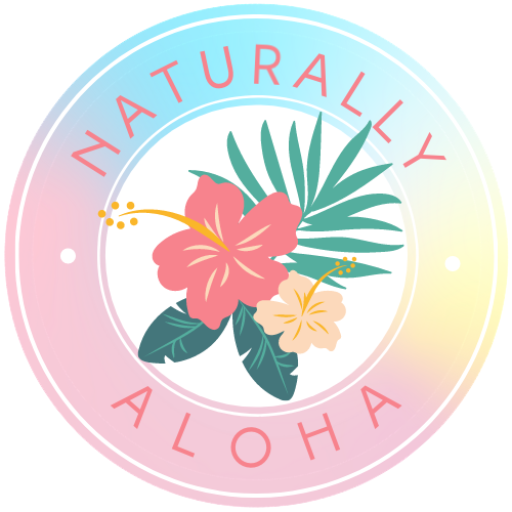


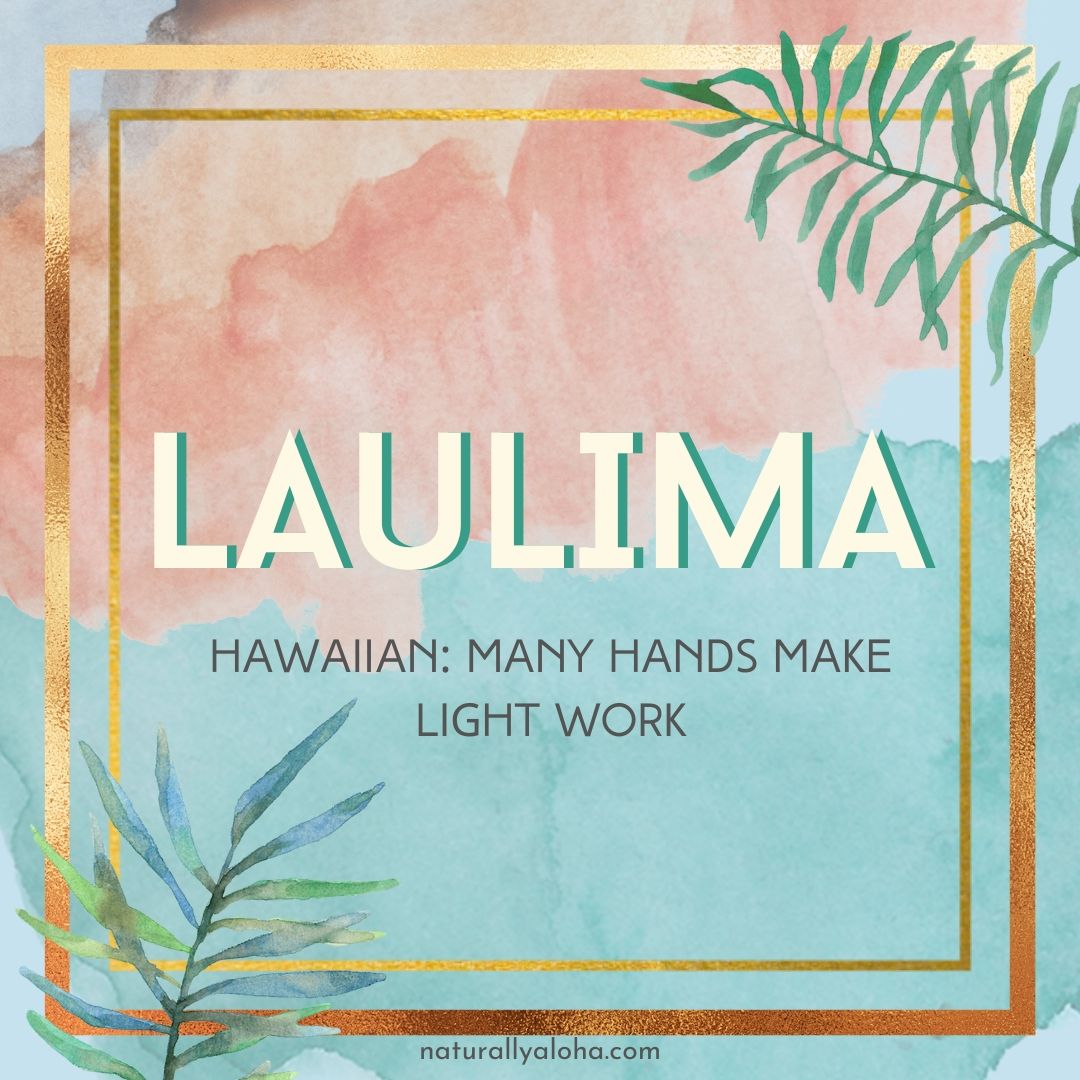
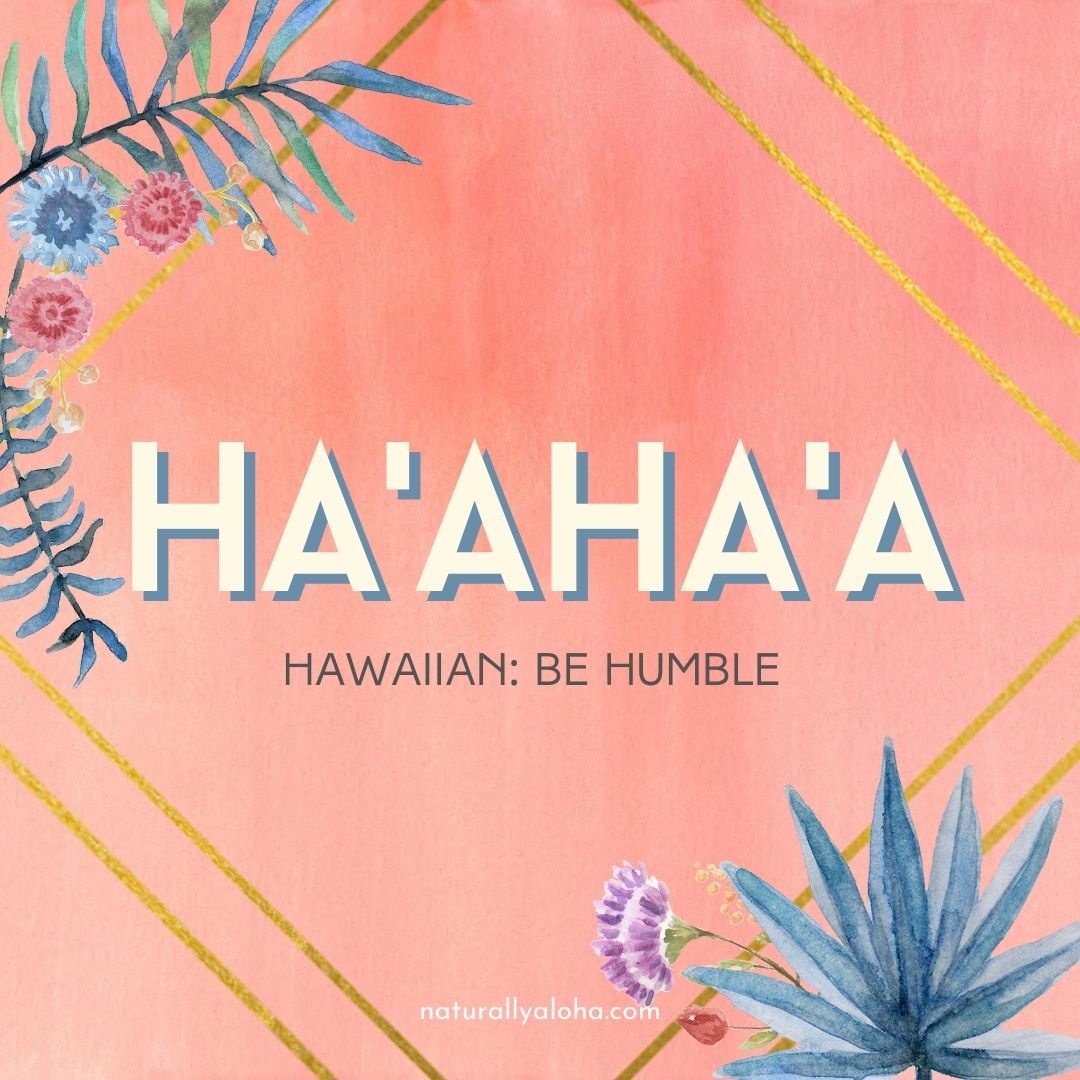



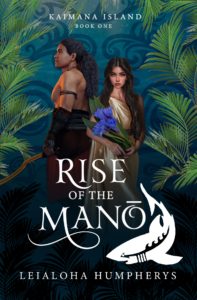
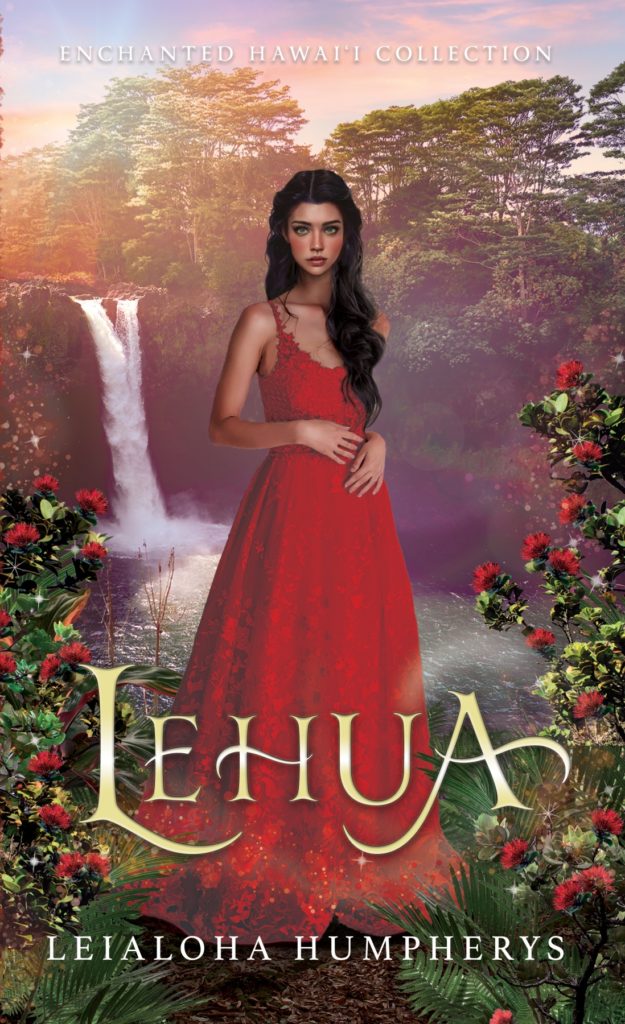
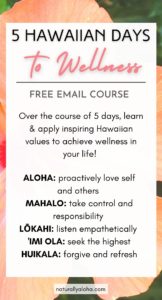


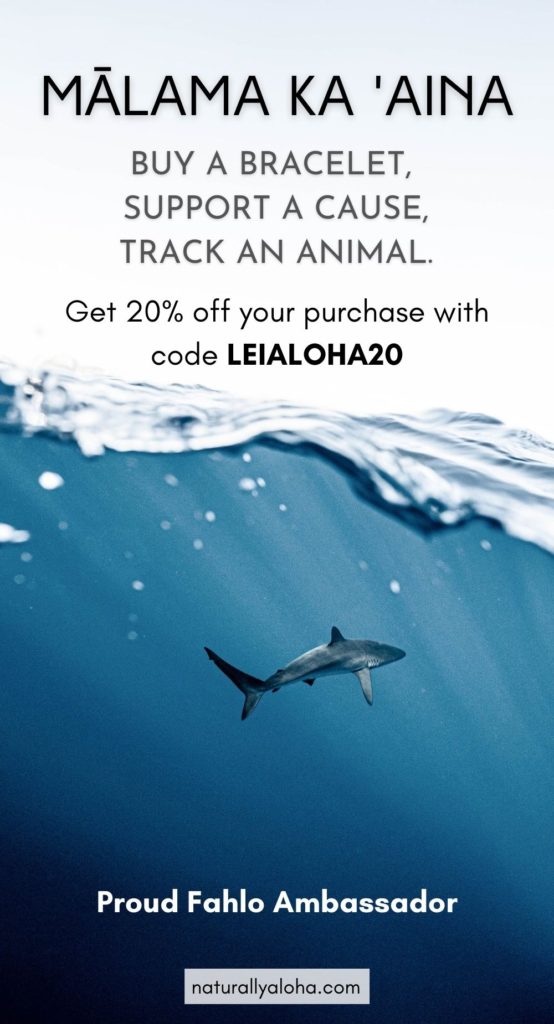
I love those questions at the end, they are such good questions to ask ourselves often. Thank you!
Thank you for taking the time to comment! Glad the questions helped! 🙂
You are so very beautiful and an adept uplifter! …… thank you for writing these articles! Mahalo, and stay u’i 🙏
Mahalo nui loa! I’m so glad you are finding these articles helpful. Always live with aloha! 🙂
-Lei
Beautiful words, thank you!
Thank you for posting this. I can feel your love and light shining through.
Aloha Michelle,
Mahalo nui loa for your kind words. They mean so much to me! I hope this inspires you to keep living with aloha and sharing your goodness with the world! Aloha! 🌺💙
Sincerely,
Lei